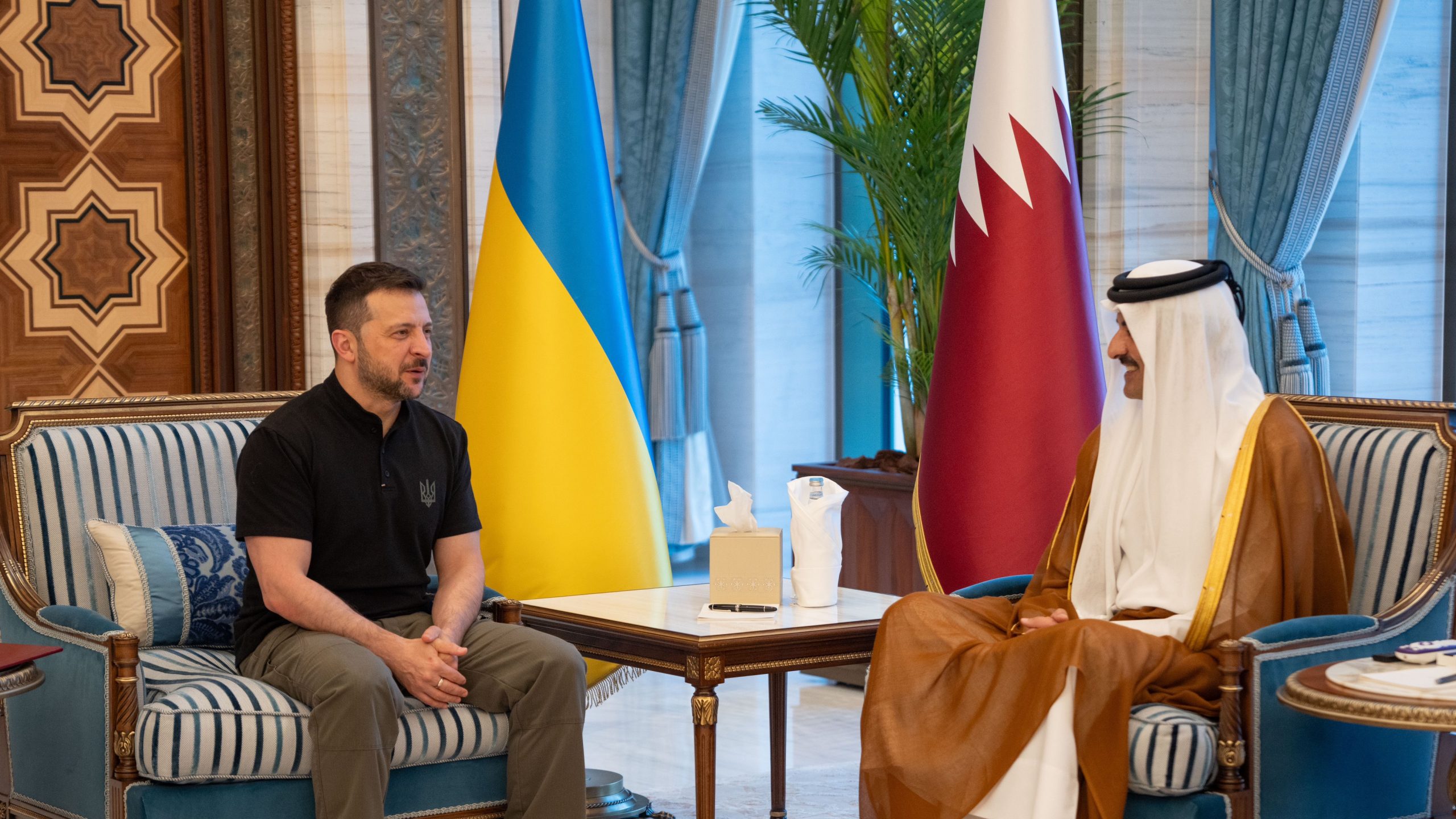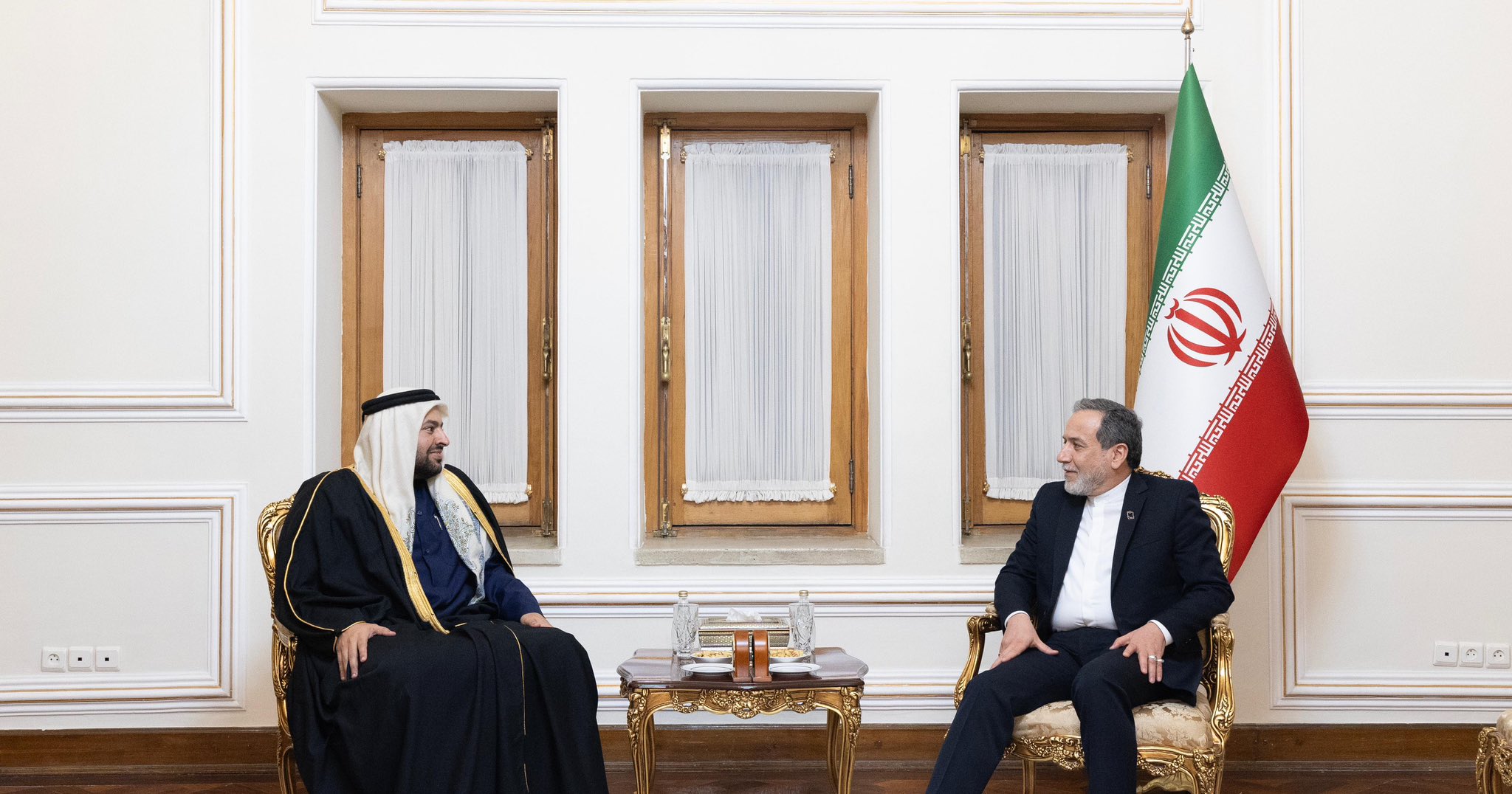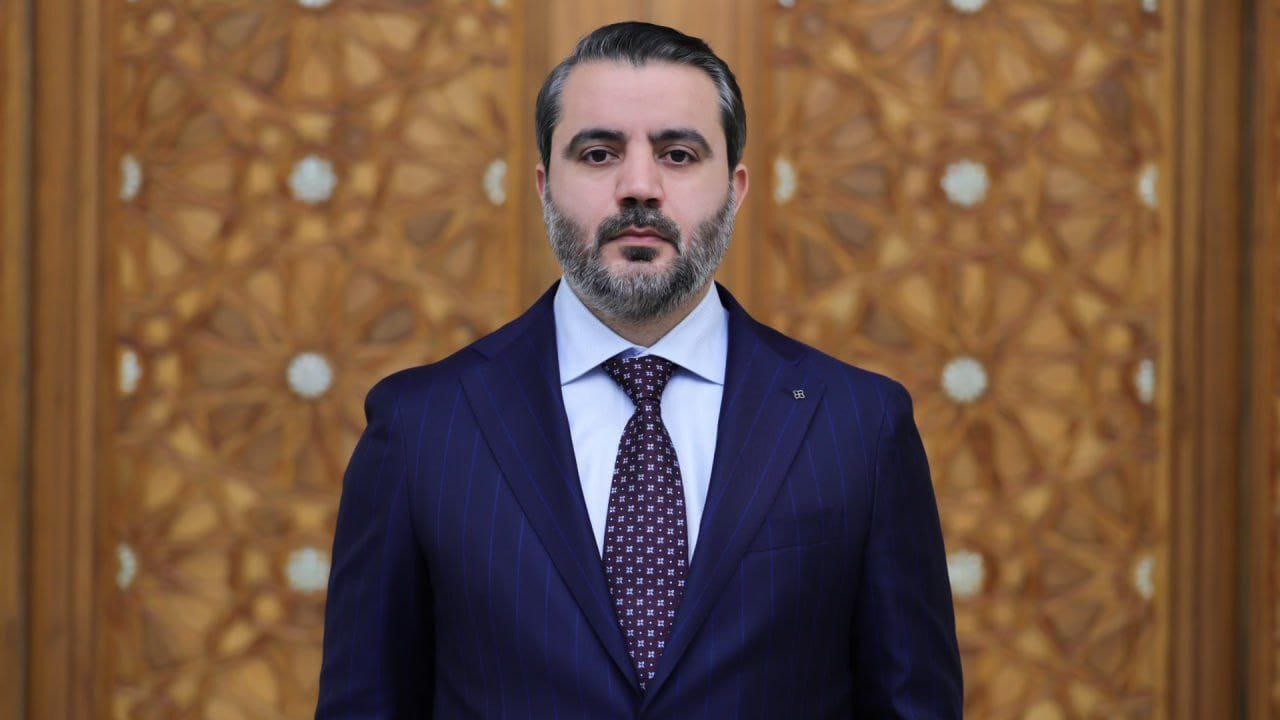
Qatar’s close ties to the UK have been called into question by some conservative members of Parliament, who, incensed by recent beheadings by extremist groups, are urging their government to “get tough” on the Gulf state.
The politicians assert that Qatar has been financing terrorism in Syria and Iraq, making it possible for the groups to continue operating – and subsequently behead and imprison innocent people.
Qatar’s top leaders have repeatedly denied that it supports terrorism.
Last month, the Emir told CNN that he did not accept anyone funding “certain movements” in Iraq and Syria, where Qatar recently aided an aerial bombing campaign against ISIL targets.

But shortly after that interview, the US government designated four men with ties to Qatar as terrorists for their alleged financial activities.
UK politicians say their government should also call out Qatar for such activities.
Speaking to the Telegraph, Mike Freer, the Conservative MP for Finchley and Golders Green, said:
“The glaring difference between the numbers of people on the list in the UK compared to the US does raise questions as to whether we are not as rigorous as the Americans – or else are we being blinded by commercial interests?”
Harrods boycott
Qatar Investment Authority, the country’s sovereign wealth fund, owns a great deal of property in the UK, including Harrods, the Shard, the Olympic Village and 20 percent of the London Stock Exchange.
According to the Telegraph, some UK residents have been agitating for a boycott of Harrods, a landmark department store that Qatar bought in 2010.
The newspaper reports:
“Mark Lewis, the solicitor who represented the family of Milly Dowler among others in the News of the World phone hacking scandal, is leading calls for a boycott.
Mr Lewis said: ‘We can stand back and do nothing, but when we do, we are paying for that terror … People need to know where their money is going.'”
It is unclear whether the campaign will gain traction in the UK.
Other nations struggle
Notably, though Qatar has come under extreme scrutiny over its alleged support of extremist groups in the region, it is not the only country struggling to prevent residents from helping these organizations.

![]() A new Washington Post report states that hundreds of people from the UK have been heading to Syria to fight against the regime of President Bashar Al Assad, many of whom are presumed to have joined IS.
A new Washington Post report states that hundreds of people from the UK have been heading to Syria to fight against the regime of President Bashar Al Assad, many of whom are presumed to have joined IS.
The vast majority of fighters hail from Arab countries, but so far only 15 militants are reported to be from Qatar, compared to 488 from the UK and 412 from France, for example.
Thoughts?







